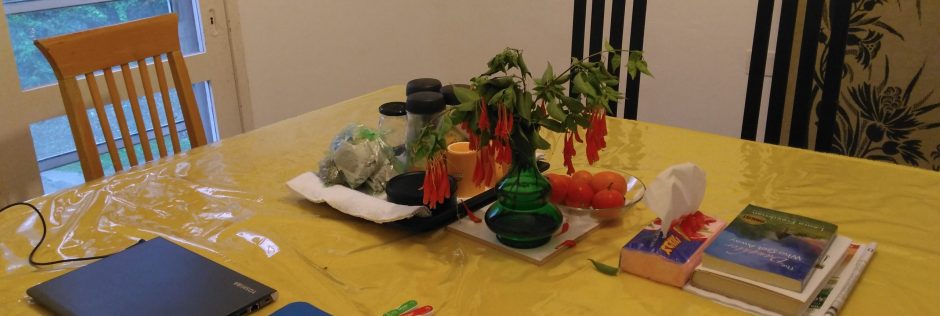
In the late nineteenth century, many Jews stopped keeping the Torah’s commandments, and Joseph was one of these. As he was growing up in Nasofke, a shtetl in Ukraine, he became “enlightened,” or secular. One Shabbat, a neighbour saw him smoking a cigarette. She wanted to tell his mother, as we are commanded not to light fire on Shabbat, but she did not want to break the commandment regarding gossip. So she simply told Joseph’s mother that while walking behind him on Shabbat, she’d noticed “smoke was curling up over his head.” Then Joseph’s stepfather caught him reading Tolstoy hidden inside his prayer book. His stepfather remarked, “To read this book, Joseph, you don’t need to be wearing tefillin.”
Joseph was one of few Jews allowed to attend gymnasium in Kiev, where he tutored gentile students in the Russian language. He wanted to go on to university, but Jews weren’t allowed, so he immigrated to the US. There, he worked in a button factory, sold stationery, and eventually completed law school in New York. Joseph remained concerned about other immigrants—he was a founder of HIAS (Hebrew Immigrant Aid Society) and volunteered his services at Castle Garden. He and his wife Charlotte also kept a kosher home, not because they were religious, but so that any immigrant Joseph brought home—and there were many—could eat there. Charlotte never knew how many people she was cooking for on a Friday night.
Once, in the 1930’s, Joseph was sent to meet a young German-Jewish boy at Ellis Island. This boy refugee arrived beautifully clothed, with matching leather luggage. He was very religious and announced that since it was Friday night, he would not ride home with Joseph. “On this day, I do not ride,” he said. So together they carried the boy’s suitcases through the streets and over the Brooklyn Bridge. The family found the boy, whose name was Jon, unbearable. On Saturday morning they tried to give Jon a key to the house so they could go out themselves, but he announced: “On this day, I do not carry a key.” Eventually, Jon was so unbearable that they brought him to live with a different family. There, he was introduced to the daughter of the house, who, like Jon, was about thirteen years old. “I want it understood that I will not marry this girl,” Jon said.
Jon never knew that Joseph’s family found him unbearable; he remained their “friend” until eventually, while at university, he stopped being religious and was thus more understandable. He became a professor of anthropology, an expert on the Hutterites, a Christian group in the Midwest who lived a self-contained farming life based on their own biblical interpretations. Jon would go out there to study their ways, and he wrote books and articles on them. Once in a while he also visited Jerusalem, where he had a brother living in Mea Shearim, the “ultra-Orthodox” neighbourhood, observing the Torah’s commandments. Jon found his religious brother in Jerusalem unbearable…
Copyright © Leora Freedman 2014
First published in the Southern Humanities Review
***If you have something to say, or a story to share, our comments page is the place to leave it!
 Copyright secured by Digiprove © 2014 Leora Freedman
Copyright secured by Digiprove © 2014 Leora Freedman 
